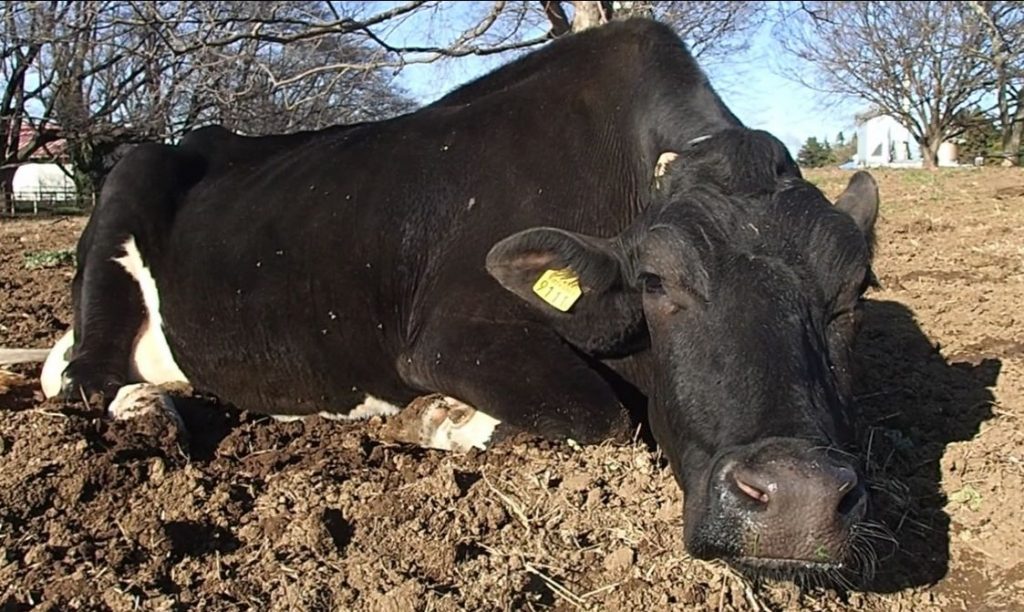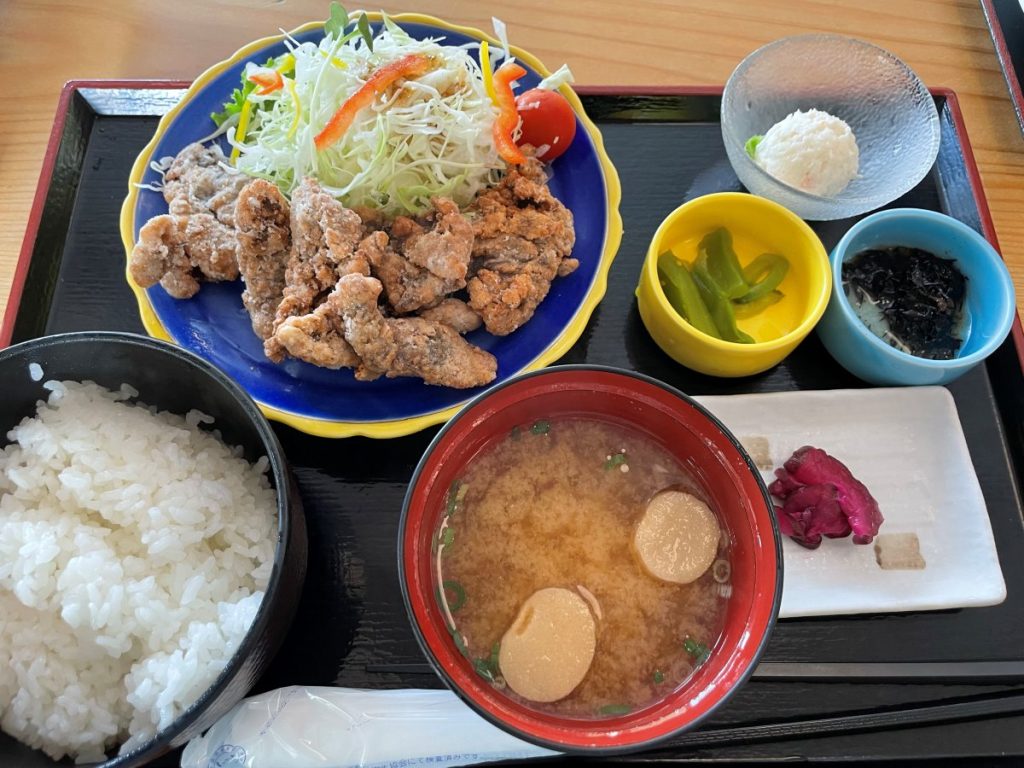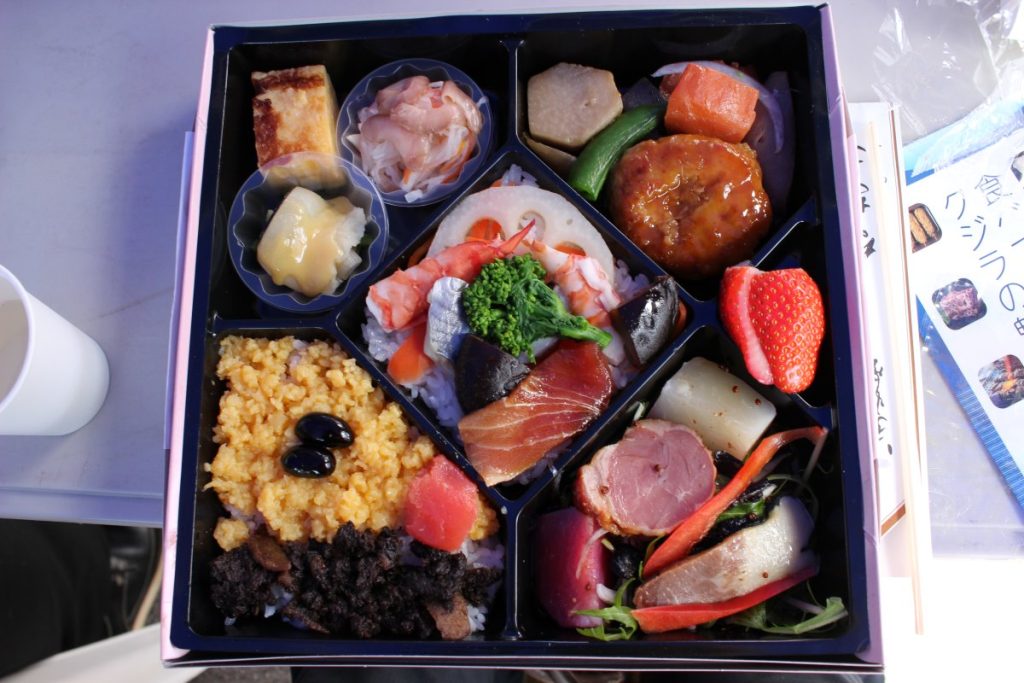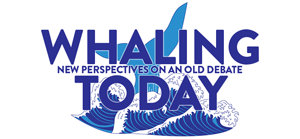[SPONSORED] In addition to the problem of the world’s food supply being dependent on a few food-exporting countries, the increasing mono-cultivation of the world’s food supply is also a threat to food security.
Second of three parts
Part 1: Whales in the Context of Food Security
Mono-culturation takes many forms. In Japan, for example, it has been described as the Westernization of food. In recent years, one can go anywhere in the world and find US-style fast food restaurants. Also, “Western food” is increasingly being served at home. This has raised a variety of issues, including health concerns. However, it is also a major problem from the perspective of food security.
The mono-culturation of the world’s food supply means that the food and ingredients that we eat are also becoming more monocultural. Dr Jacques Diouf, then Director-General of the United Nations Food and Agriculture Organization, said the following at a meeting of the World Affairs Council of Northern California in 2006.
“Since the beginning of agriculture 12,000 years ago, about 7,000 plant species have been cultivated or collected by humans. Today, only 15 plant species and 8 animal species provide 90% of our food.
“Getting food from such a limited food basket is reckless and dangerous.”
What is “reckless and dangerous” about the fact that 90% of humanity’s food supply is supported by only 23 foodstuffs? Especially for a country like Japan, whose food self-sufficiency rate is extremely low at 37% (on a calorie basis, FY2020), and which relies on imports from a handful of countries for nearly two-thirds of its national food supply, the horror of this situation is even greater.
We would like to take a look at the nature of the horror.

Increasing Risk of Food-borne Disease
The global outbreak of Bovine Spongiform Encephalopathy (BSE) is still fresh in our minds. Due in part to ongoing globalization, BSE, which was first identified in the United Kingdom in 1986, quickly spread throughout the world in the 2000s. A ban on beef imports was introduced in Japan, and beef prices soared. One of the 23 foodstuffs (8 of which are animals) had suddenly and easily become fragile.
Avian influenza also spreads rapidly like wildfire when it breaks out. Furthermore, it spreads easily across national borders via wild birds. In Japan, about 15 million chickens, or about 10% of the total number of chickens raised in Japan, were culled in just over two months in 2023 due to avian influenza infection. The supply of eggs became insufficient and prices skyrocketed. That caused some convenience stores and restaurants to discontinue egg products and egg menus.
The supply of the eight animal foodstuffs on which humankind depends can easily run out like these cases. Many other factors can cause supply disruptions or stoppages besides BSE and avian influenza.

Seventeen Risk Factors to the Food Supply
There have been export suspensions from food-exporting countries due to drought and flooding in the few countries with grain export capacity. And international conflicts such as the one that occurred with the invasion of Ukraine, have already occurred in reality.
The Ministry of Agriculture, Forestry, and Fisheries of Japan (MAFF) in its Emergency Food Security Guidelines has listed 17 risk factors for food supply overseas.
How can we ensure food security in such a situation? While it is of course desirable to increase our own food production, another key is to ensure food diversity.
Instead of 90% of the human population relying on only 23 different types of food, a greater variety of foods should be available. That way, the impact of an outbreak such as BSE or avian influenza would be more limited. Ensuring food diversity will increase the resilience of the food supply.
From a global perspective, Japan is one of the countries with the richest variety of food ingredients. The same ingredients are processed and cooked in a variety of different ways, depending on the history, region, and season.

Resilience Through Food Diversity
There are countries and peoples in the world, including Japan, that have used whales as a food source. Similarly, there are many countries and peoples utilizing animals other than the major animal protein sources, such as cattle, pigs, and chickens, as their food options.
However, recent globalization has led to a decline in the use of these diverse animal protein sources and an increased reliance on top-eights. In addition, there exists a sense of opposition to the use of wild animals, including whales, as a food source, related to the growing awareness of environmental protection.
Increased dependence on a few foodstuffs may have been satisfied by imports and increased domestic production. However, in the process, food diversification has decreased. In Japan, for example, the quantity of food has been satisfied by importing food despite the decrease in diversification. Therefore, it is difficult to notice that food security has become more vulnerable.
However, once the supply of the top eight is disrupted by a disease such as BSE or avian influenza that jeopardizes the supply, or by a conflict in a food exporting country, this vulnerability will become apparent immediately.
If a diet in which a variety of foods are used is maintained, the impact on the overall food supply will be dispersed and the food crisis will be alleviated. Even if the supply of some of these foods is disrupted for some reason, others will continue. This is the resilience of food diversity.
In many cases, the various foodstuffs other than the top eight will be foodstuffs that are readily available in the region or country. Or that the region or country may have the means and ability to secure that food on its own.
Series Continues:
Next in part three: Fisheries and Food Security in Japan’s Rich Waters
This article is published in cooperation with the Institute of Cetacean Research in Japan. Let us hear your thoughts in our comments section.
RELATED:
- Revisiting the Roots of the Whaling Issue: Sustainable Use, Environmental Protection
- Whales in the Japanese Landscape: A Natural Resource and the Start of Manufacturing
- INTERVIEW | Hidehiro Kato: Battle for Science, Sustainability over Politics in the IWC
(Read the article in Japanese.)
Author: Joji Morishita, PhD
Former Professor, Tokyo University of Marine Science and Technology

-Whaling-Today-November-8-rrss-rotated-1-1152x1536.jpg)